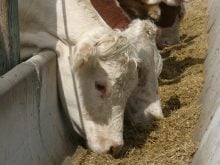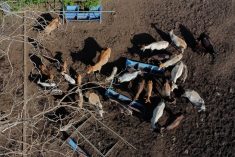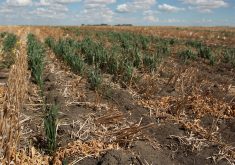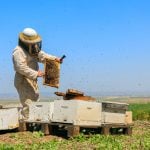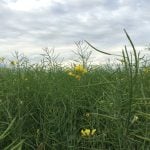Saskatchewan is losing one of its main export customers for red lentils – and that’s a good thing.
In this case the vanishing export sales are reappearing in the domestic sales column.
That’s because a Turkish firm that bought 32,000 tonnes of Saskatchewan red lentils last year for its splitting plant in Mersin, Turkey, has decided to build a second plant – this one in Regina.
“We can do it as cost effectively here and save the freight costs,” said Murad Al-Katib, one of the principals involved in the new venture.
Read Also
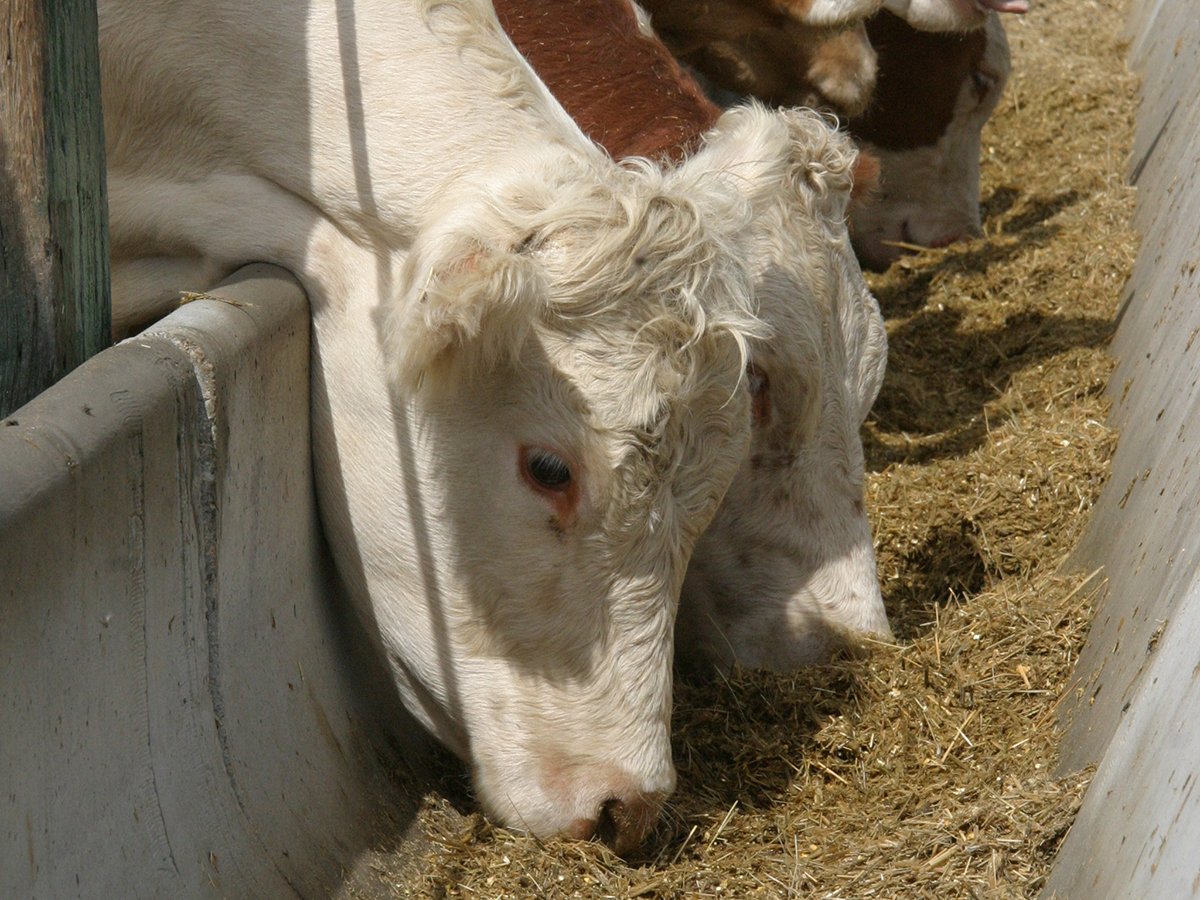
Alberta cattle loan guarantee program gets 50 per cent increase
Alberta government comes to aid of beef industry with 50 per cent increase to loan guarantee program to help producers.
Saskcan Pulse Trading Inc. will be one of the largest pulse processors in the province and the biggest red lentil splitter in the country. Construction of the 2,250 sq. metre plant is scheduled to begin in December and will be complete by August 2002.
The $5.2 million facility will be capable of cleaning and splitting up to 75,000 tonnes of red lentils a year. According to a Saskatchewan Agriculture survey, less than 50,000 tonnes of pulses were split in the province in 1999 and none of it was red lentils.
“This one’s a big one,” said Ray McVicar, the province’s special crops specialist.
A few other processors have started splitting red lentils since the 1999 survey was conducted, but nothing on this scale.
“I think it will be a tremendous step forward for red lentil production and processing in Canada,” McVicar said.
“This will lead to significant economic activity here because we will be able to further diversify our lentil production and expand the red portion of what we grow.”
Saskatchewan is home to nearly all of the country’s lentil acreage. Growers there seeded an estimated 400,000 acres of reds this year. McVicar said that’s a rough guess because federal and provincial statisticians don’t distinguish between reds and greens yet.
He estimated that provincial production this year was around 140,000 tonnes, but it was a drought year. Production for an average year would have been closer to 200,000 tonnes.
At full capacity the new plant would require 38 percent of that production, which is why the president of the new processing venture wants to see acreage rise.
“Getting product in our door for splitting is the key constraint for this venture,” said Al-Katib, who is of Turkish descent but was born and raised in Saskatchewan.
“We’re confident that if we provide a good price and prompt payment that producers are going to grow more red lentils.”
McVicar said the introduction of three new red lentil varieties that are higher yielding and have better disease and agronomic packages should help.
The Saskcan business plan calls for the plant to be at full capacity within the first three years of operation and to be functioning at 75 percent of capacity by 2004. It will initially employ between 25 and 35 full-time workers.
The facility will be able to split 250 tonnes of lentils a day and store 2,000 tonnes of raw and 1,500 tonnes of finished product. It will be built on 11 acres of land a few kilometres east of Regina. The city was chosen for its proximity to the province’s prime red lentil growing region and because it is home to a major container facility.
A little less than half of the $5.2 million required for construction was put up by the three partners who will own the new plant. The remaining $2.85 million is long-term debt from various lending institutions. There is no government money in the project.
The Arslan family, a group of Turkish investors who own a 150,000-tonne red lentil splitter in Turkey, control 60 percent of the shares. Crown Capital, a division of Crown Life Insurance, owns another 34 percent and Al-Katib owns the remaining six percent.
Canadian pulse traders and pulse plant contractors have had difficulty with Turkish buyers and investors in the past. A number of Turkish importers were jailed for tax fraud and import permit irregularities earlier this year.
Turkey was a key destination for Canadian pulses, but exporters now shy away from that country and banks are still reluctant to issue letters of credit.
Some of the Turkish importers who were jailed had expressed interest in building a red lentil splitting plant in Saskatoon, but they backed out of the project when trouble hit at home. A local contractor who developed a detailed business plan for that venture was never paid.
Al-Katib admits that his ownership group will “continue to fight the stigma” attached to those other Turkish businesspeople, but said the Arslan family had nothing to do with them.
He said the family has been in the pulse business for more than 50 years and has operated an ISO 9002 approved plant in Turkey since 1980.
Mahmut Arslan, who is chair of the family business – Arbel Pulse, Grain, Industry and Trade S.A. – is also a vice-president of the well-respected International Pulse Trade and Industry Confederation.
Al-Katib said producers shouldn’t worry about getting paid. The company has budgeted to become fully licensed and bonded by the Canadian Grain Commission. He said payments to farmers could involve premiums and they will be prompt.
“We’re planning to grow our business on our own working capital, not on the working capital of producers.”
He also said other Saskatchewan processors shouldn’t be trembling in their boots. Saskcan Pulse won’t be cleaning whole product for export. Instead, the firm plans to buy “large volumes” of cleaned product from other processors as well as taking deliveries directly from producers.
“We’re not going to be a competitor necessarily. We’re going to be a large client.”
The “premium priced” split red lentils that are produced at the plant will be sold primarily in Western Europe, North Africa, the Middle East and South Asia.
If this venture goes well, the company has an eight-year option on adjacent land that would be used to build a pasta plant and a cracked wheat processing plant.



